About Jessica Cuello
 Jessica Cuello is also the author of Pricking and the chapbooks My Father’s Bargain, By Fire, and Curie. She has received The New Letters Poetry Prize, a Saltonstall Fellowship, and The Decker Award from Hollins University for outstanding teaching. She teaches French in central New York.
Jessica Cuello is also the author of Pricking and the chapbooks My Father’s Bargain, By Fire, and Curie. She has received The New Letters Poetry Prize, a Saltonstall Fellowship, and The Decker Award from Hollins University for outstanding teaching. She teaches French in central New York.
Praise for Hunt
What if, dear Reader, pursuit’s fierce law—to hunt what flees, to kill what is killable, to silence forever what cannot exactly speak for itself—could cast its dark line around itself and halt the maddened chase…What peace would then arise? Who would speak then in the ocean’s haunted reciprocities? One voice might say: “What you’ve done / to me you’ve done to you.” So speaks a hunted whale in Jessica Cuello’s deep dive into Melville’s waters. And in those depths she continues Ishmael’s own dearest work, to give voice to all those otherwise denied one. But unlike the narrator in Moby-Dick, Cuello’s choral generosity reaches beneath the surface of the waves, reaches past the horizon’s boundary, letting the pursued whales speak themselves back into being, letting the women left home claim the lives that are their own. The ethic speaks so clearly it need not speak loud. It says, so simply, so justly, so necessarily: “I have lives // and they are numerous.”
—Dan Beachy-Quick, author of Circle’s Apprentice and A Whaler’s Dictionary
What Cuello knows could save us from ourselves. Fear is instructive, yes, but we’ve learned poorly, devastatingly, from its churnings. It doesn’t have to lead to the destruction of that which we fear; instead, we must allow it to draw us to each other, we must feel its deep call and heed its warnings. We need each other, fear says. Cuello transcribes this fear into a lyric sweep of nimble power and stunning insight. Hunt is a lasting and crucial collection.
—Katie Ford, author of Colosseum and Blood Lyrics
Jessica Cuello’s Hunt is a tragedy. But it isn’t the sort that ends with the death of a hero—instead, it is a tragedy that begins in the middle of the common death. It begins with, and emanates from, the recognition that it is impossible, in a world shaped by market forces, for humans to live with other beings in healthy and mutually beneficial ways—“What you’ve done / to me you’ve done to you,” Cuello writes. Hunt, then, isn’t only a tragedy—it is a warning, and it is a guide, and thereby it is redemptive.
—Shane McCrae, author of The Animal Too Big to Kill and Forgiveness Forgiveness


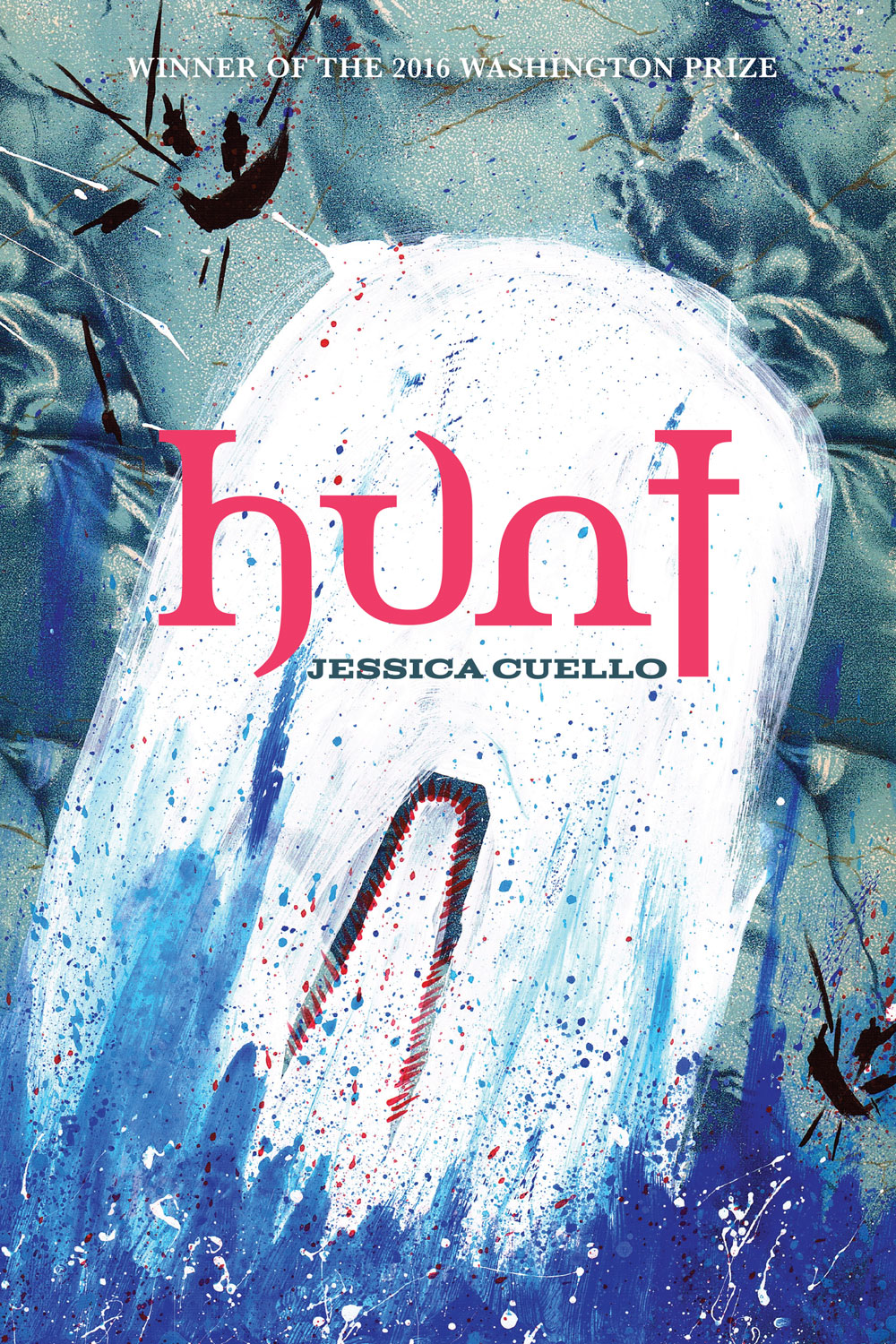
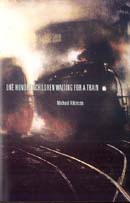
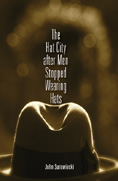
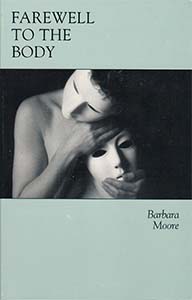
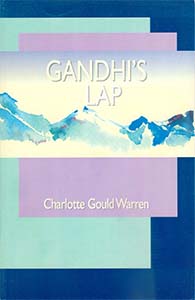
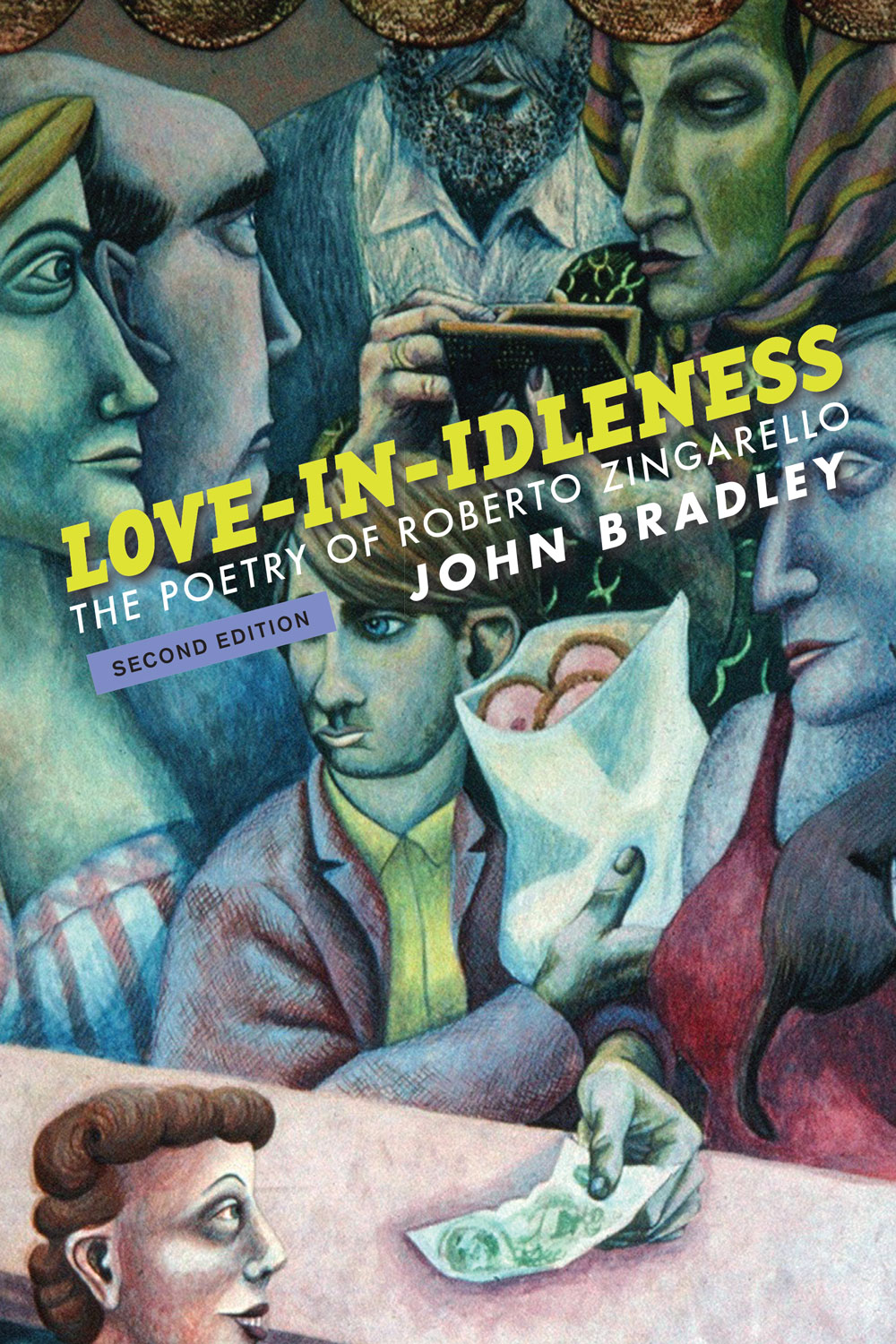
Reviews
There are no reviews yet.